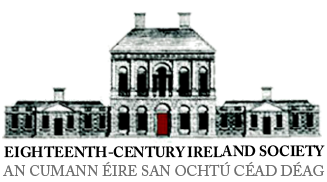Type: Article
Caffentzis, C. George. ‘Why Did Berkeleys Bank Fail? Money and Libertinism in Eighteenth-Century Ireland’, Eighteenth-century Ireland/Iris an dá chultúr, Vol. 12 (1997), pp 100-115..
Bishop George Berkeleys proposal for a National Bank of Ireland received some notoriety in the history of economic thought after it was published in The Querist in three parts between 1735 and 1737. His proposal was structured on the theory that the bank would be operated by the Irish legislature and would therefore be truly national. This article examines the main opponents to the scheme and the political barriers that caused the defeat of Berkeleys bank proposal, which failed even to be discussed in the Irish Parliament. The special relationship between private bankers and parliamentarians involved a situation where they were in each others pockets, and private banks would have been crowded out by a National Bank. Not only was Berkeleys bank doomed by the private bankers and parliament, but also by Irish patriots who rejected any proposal to improve the economy of Ireland on the basis that such improvement would only give the British more opportunity to oppress Ireland. At the same time, the libertines rejected it on the basis that such a financial machine could not operate without corruption or private gain. In return, Berkeley delivered his Discourse to the Magistrates (1737-38), which attacked libertarian freethinking and satanic worshipping clubs such as the Blasters and Hellfire Clubs in Dublin.
